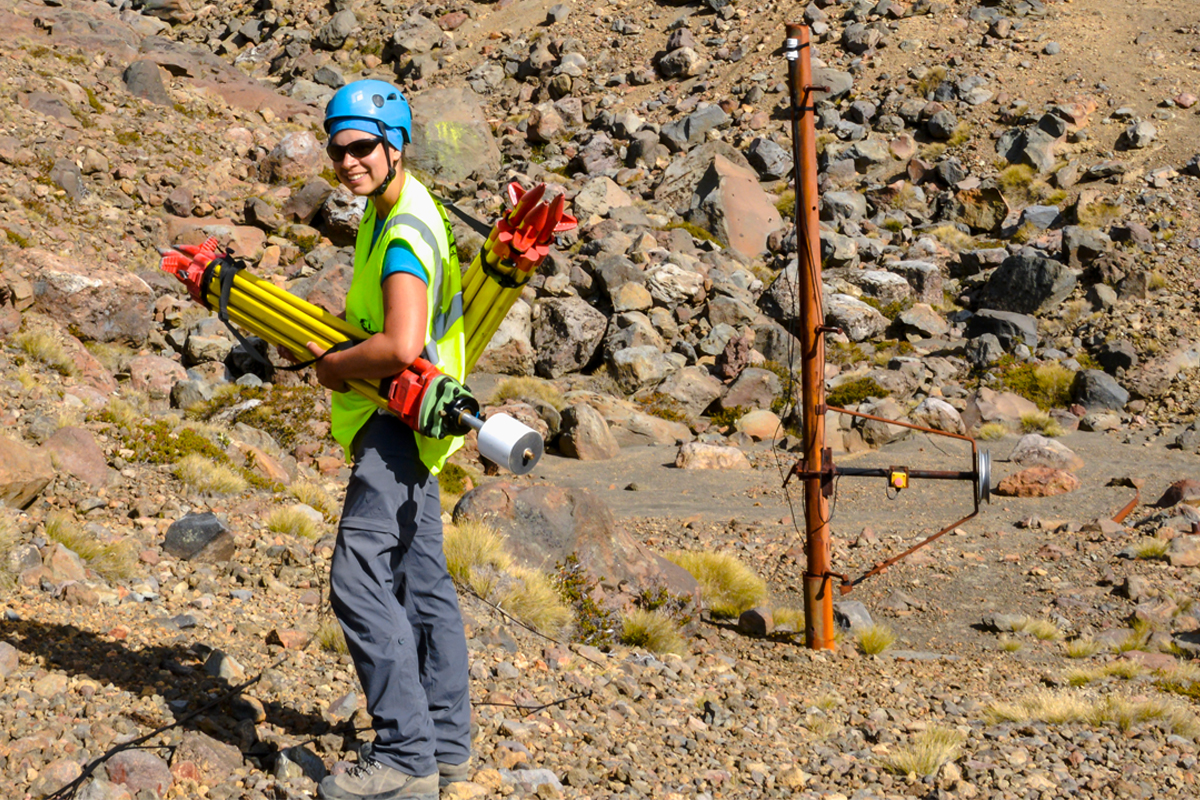All Categories
Featured
Table of Contents
Geophysical Exploration in Scarborough Aus 2022
Other possible geophysicist majors that aren't geophysics or geoscience consist of: Atmospheric sciences and meteorology Chemical and physical oceanography Earth science Environmental science Hydrology and water resources science Products science By earning any geophysicist degree, and by taking the essential geology courses, you need to receive an entry-level position as a geoscientist or geophysicist.
Ultimately, students should discover: a branch of geology that looks at the different aspects of minerals, consisting of chemical composition, internal crystal structure, and physical homes. the research study of rocks and the procedures and conditions that form and transform them gradually. There are a couple of subdivisions in this branch of geology, consisting of igneous, metamorphic, and sedimentary rocks.

This field analyzes structural rock functions such as cleavage, faults, joints, and small folds. They should likewise discover the computer skills necessary to: evaluate data produce digital models and maps run geoscientists' software application Students must also take advantage of all chances to gain real-world experience. Ambitious geophysicists must anticipate to hang around learning: in the classroom in the field in laboratories Undoubtedly, abilities taught in the class are very essential for striving geophysicists.
Geophysical Surveying - Methods And Applications in Victoria Park Australia 2023
For instance, geoscientists invest a great deal of their time outside when working in the field, so they need to have "outdoor skills" like camping and operating boats, airplane, and other vehicles. Due to the fact that they spend so much time in remote locations, it's necessary that geophysicists also have the physical endurance to carry necessary equipment on their hikes to areas of research study.
The job uses: a high typical and leading revenues a high rate of individual complete satisfaction among geophysicists low work stress positive job outlook More information on profits capacity and task outlook is detailed listed below. For trainees seeking to land an entry-level function as a geoscientist or geophysicist, it takes 4 years, or the time required to finish a bachelor's degree in geophysics or an associated discipline.
Some research study positions in geophysics require doctoral degrees. Likewise, if you prepare to teach at a college or university, you must make a Ph - Geophysicists in Quinns Rocks Western Australia 2021. D. in geophysics or an associated field. The time it takes to make a Ph. D. differs by organization and program, however it generally takes four to six years beyond the bachelor's degree.
Marine Geophysical Surveying - in Yokine Western Australia 2023
In truth, most companies need candidates to have a bachelor's degree in geophysics or a carefully associated discipline for all entry-level positions. And, in some cases, companies need a master's degree. As an outcome, there's no other way around the degree requirements for becoming a geophysicist. A lot of companies will anticipate or need a practicing geologist to be certified for positions beyond those at the entry level.
Presently, 31 states need licensing for geologists, although licensing is not always required, particularly for entry-level work. The states that do concern licenses utilize the Basics of Geology Examination (FGE), which is administered through the National Association of State Boards of Geology (ASBOG). Now that you understand which degree for geophysicist tasks you require, you'll need to land a task, and it is necessary to learn how much cash you can make in this career.
According to BLS, the typical yearly wage for geoscientists is $93,580. According to BLS, specific industries provide higher incomes for geoscientists, and in some cases, they provide higher-than-average profits.
Geophysical Survey in Huntingdale WA 2020
Mining, quarrying, and oil and gas extraction provides over $32,000 more annually than the typical yearly wage for this occupation. The federal government, too, uses over $10,000 more in incomes than the nationwide average for geoscientists. In addition to industry type, geographical location can greatly impact profits for this profession.

The top-paying states and their annual mean incomes, according to the BLS, include: Texas $166,720 Oklahoma $149,630 Pennsylvania $120,590 Hawaii $120,130 Colorado $107,260 These five top-paying states use much greater wages than the average for this occupation. Incomes for geoscientists in Texas are over $73,000 higher than the national average.
It ought to come as not a surprise that most of these high-paying areas are in Texas and Oklahoma, however some are discovered in California, Louisiana, and Colorado. The leading 10 highest-paying metro locations for geoscientists are: Houston-The Woodlands-Sugar Land, Texas: $188,400 Tulsa, Oklahoma: $186,490 Midland, Texas: $167,040 Odessa, Texas: $147,080 Oklahoma City, Oklahoma: $145,350 Bakersfield, California: $130,080 Urban Honolulu, Hawaii: $124,470 New Orleans-Metairie, Louisiana: $121,030 Washington-Arlington-Alexandria, DC, VA, MD, WV: $120,180 Denver-Aurora-Lakewood, Colorado: $116,910 For some geoscientists and geophysicists, living in a metro city is not as attractive as residing in a smaller community.
Latest Posts
How To Become A Geophysicist in Dalkeith WA 2022
What Is The Best Degree Path For Becoming A Geophysicist? in Floreat WA 2023
Marine Geology And Geophysics in Rivervale Western Australia 2022